Growth Mindset | What Having a “Growth Mindset” Actually Means
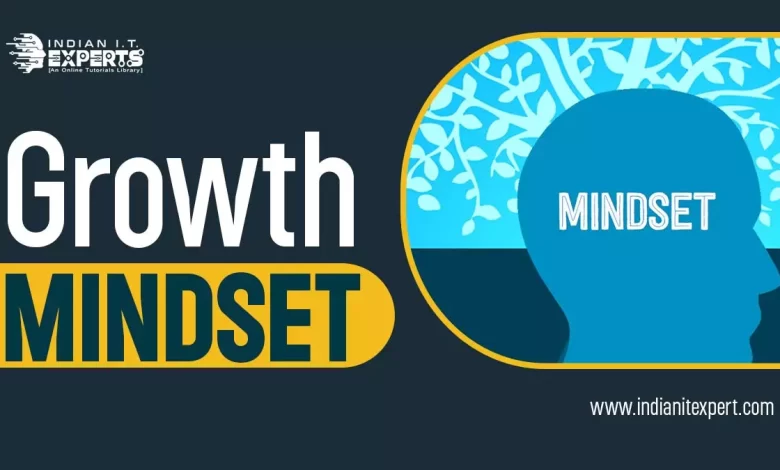
Table of Contents
What is growth mindset?
There are enviable individuals who acquire skills and knowledge with ease, others live more orderly and achievement-oriented lives than their peers, and still others demonstrate unusual talent. While these positive traits are not evenly distributed, they are not necessarily out of reach for low achievers. Growth mindset, coined by psychologist Carol Dweck and her colleagues, is the belief that a person’s abilities and talents can be improved over time.
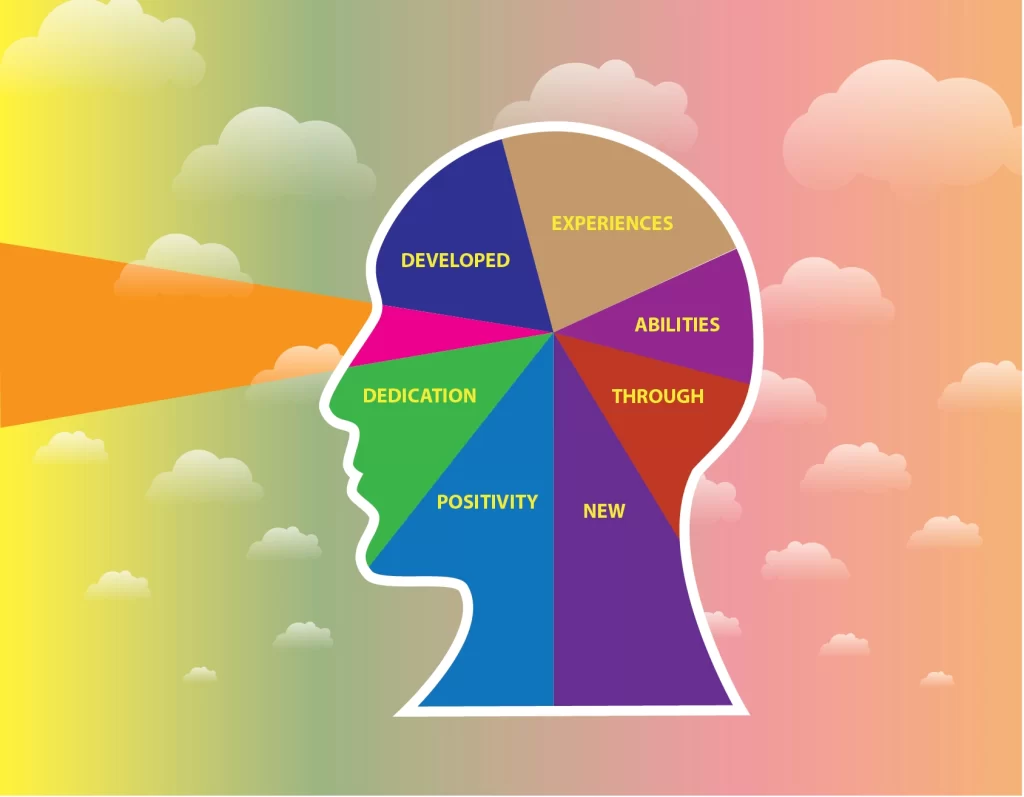
How the Growth Mindset Works
In mind-testing studies, participants received statements like:
“You have some intelligence, and there’s pragmatic play really not much you can do to change it.” Participants who disagreed with these statements were considered more growth-minded. However, agreeing with such a statement meant that participants had a more fixed mindset.
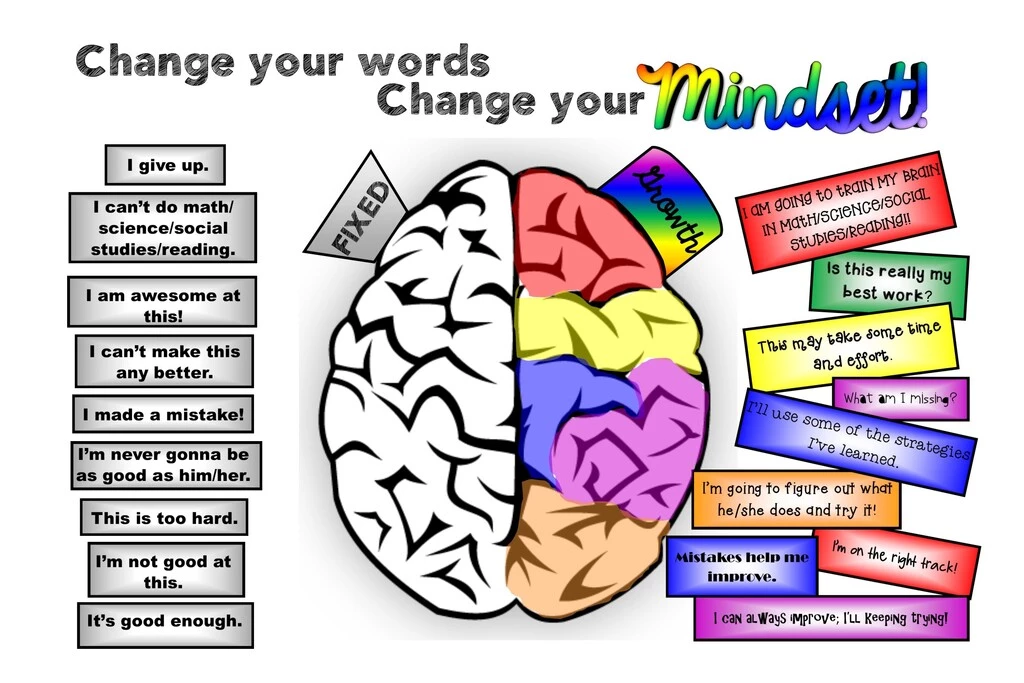
What is the difference between growth and fixed mindset?
The second is the limiting belief that the ability to learn and improve cannot be meaningfully developed. On the other hand, a growth mindset is open to effort even if it takes time. Proponents of the theory argue that adopting a growth mindset and getting rid of a fixed mindset can help people become more open to success.
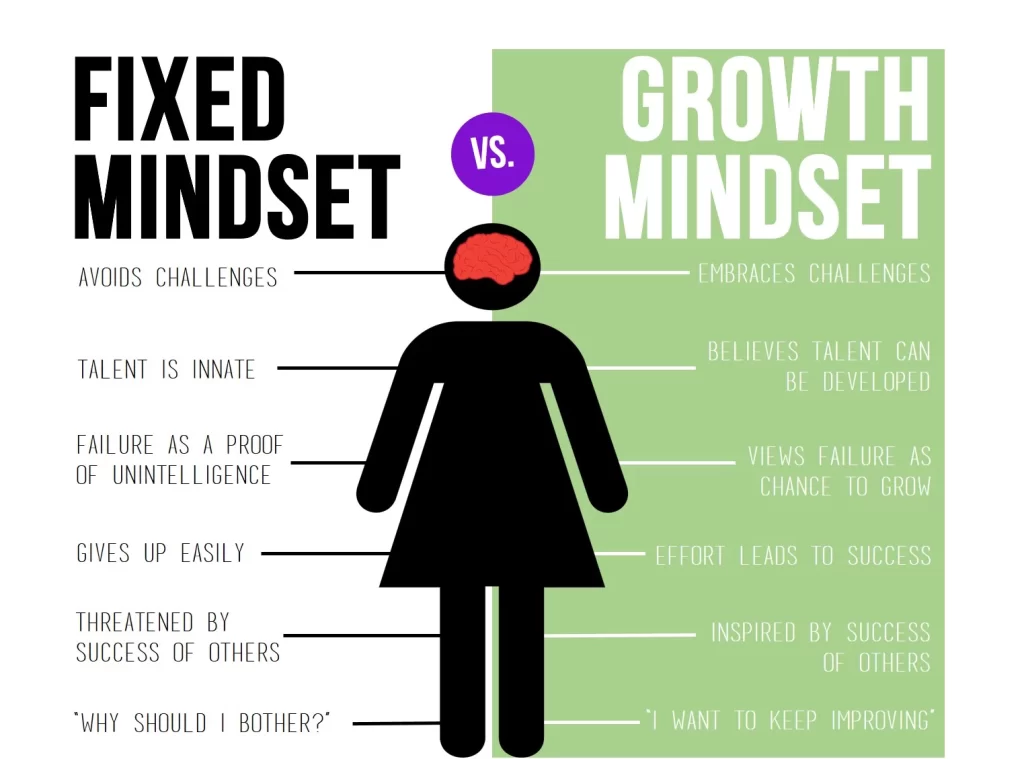
What are examples of a fixed mindset?
Some people get stuck in thoughts like I’m not okay. I always knock on the door. Everyone is doing better than me. They believe they can’t learn anything new and it’s too late for them to try because they’ll fail anyway. They feel they have to struggle too much at work and feel self-conscious about the seemingly easy successes of those around them.
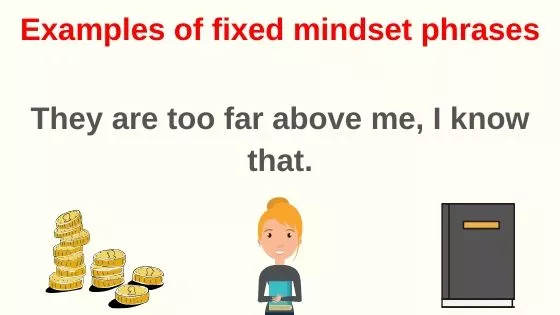
Cultivating a growth mindset
Andrey Armyagov Shutterstock
Efforts to encourage a growth mindset in students have gained ground in many schools. But does it work? Many studies have sought to assess whether mindset interventions result in measurable improvements in student achievement, and the results are mixed:
Several researchers report results were positive while others found little or no evidence that such interventions made a difference and criticized previous studies that established the concept.
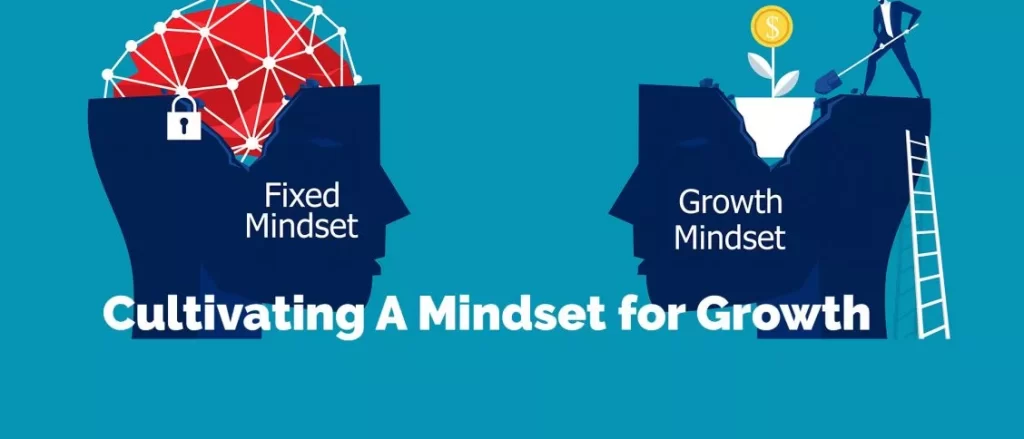
Can mood interventions help students?
Growth mindset interventions may stimulate some students but not others. In one of the largest experiments, focusing on 9th graders in the United States, students received a relatively brief intervention (less than an hour in total) in which they learned critical thinking skills. and how behaviors such as effort and strategy change can be helpful. For lower-achieving students, the intervention was followed by an average increase of 0.10 GPA points, the researchers said.




